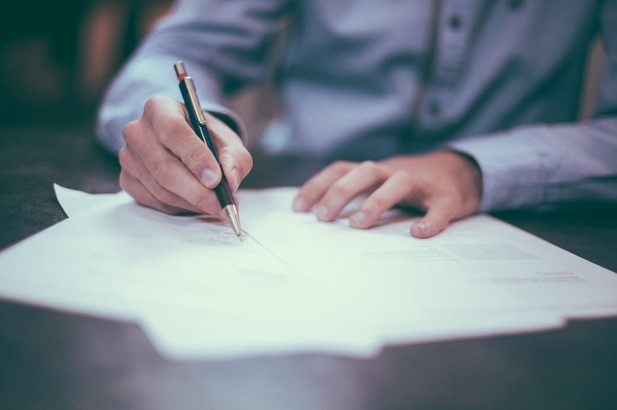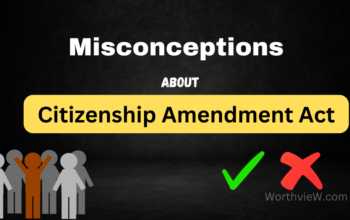Whether it was your intention or not to perform a crime, you would have to face the consequences of your actions in front of the court, if necessary, especially if you’re looking forward to long jail service or a hefty fine.
Hiring an attorney could potentially decrease the gravity of your punishment, or they could even settle the case with no reimbursements on your part nor the need to serve jail time.
Responsibilities of your lawyer
Many cases would require an individual to contact their trusted criminal defense attorney to take the necessary steps to uphold their rights.
But your lawyer has a more significant role in fulfilling the duties stated below:
- Contact the clients through phone calls, emails, video calls, or even set a personal meeting
- Thoroughly read the client’s case documents, relevant laws, and collect the necessary evidence that could potentially negate the accusation against the person that the attorney is representing
- Jotting down notes that may become helpful with the case
- Form a solid strategy for the client’s case
Although they might seem tedious, they are considered the building blocks to create a strong argument on behalf of the client.
These preparations could often take up months, which is surprisingly more extended than the time spent in the courtroom.
Why can’t I just do it myself?
Since we’ve mentioned some unexciting activities, you might be wondering what exactly is the necessity of finding your lawyer.
After all, they seem easy enough that a person with no prior law degree could do them.
But allow us to pause for a moment.
Remember that formal education and training that your lawyer has undergone have contributed to their extensive knowledge of how laws works and a license to apply these in real-life situations, which we both know you don’t have.
These may include the following:
Sentencing
A good lawyer would find a suitable sentencing program that is tailored to your current situation.
In this way, your attorney could prevent your reappearance in the courtroom by providing an alternative sentence for you once a judge has given you a guilty verdict.
An example would be if you were arrested for illegal possession of drugs. Instead of the initial punishment of serving ten months in jail, your lawyer could suggest that you would be put in a drug rehabilitation facility for a timeframe of four months and do the remaining six months of your sentence in prison.
Generally, a controlled buy employs a confidential informant, either a law enforcement professional or a person previously arrested on drug charges, to arrange an unlawful drug transaction that is closely surveilled either by a recording device or other monitoring system.
This is an excellent tactic that a professional legal expert could do to help you by addressing the reason for your conviction in the first place, which is substance abuse.
Plea Bargain
Plea bargains are often interchangeably used with sentencing. Yet, it’s important to note that both terms refer to different activities.
A plea bargain is an attempt by your attorney to reduce your sentence or eliminate some of your charges.
It is a negotiation between the judge and your defense attorney. However, if you are the defendant and you chose to represent yourself in court, it’ll be wise to keep in mind that it’s a common occurrence that a plea bargain would be turned down, which is more likely if you have a weak case.
Estimate the probability of each case outcomes
Sometimes people hope for too much, so a lawyer needs to provide a reality check on their client.
To make the relationship succeed, honesty is essential. But it’s no surprise that defense lawyers often update their clients on the status of their case and the likelihood of winning or losing it.
The assessments allow both parties to remain objective throughout the set proceedings and gain realistic insights that will be their basis for their following actions.
It’s also a vital part of the trial as the defense attorney, and the client could have a transparent discussion on the pros and cons of accepting or declining an offered plea bargain.
Related Posts












